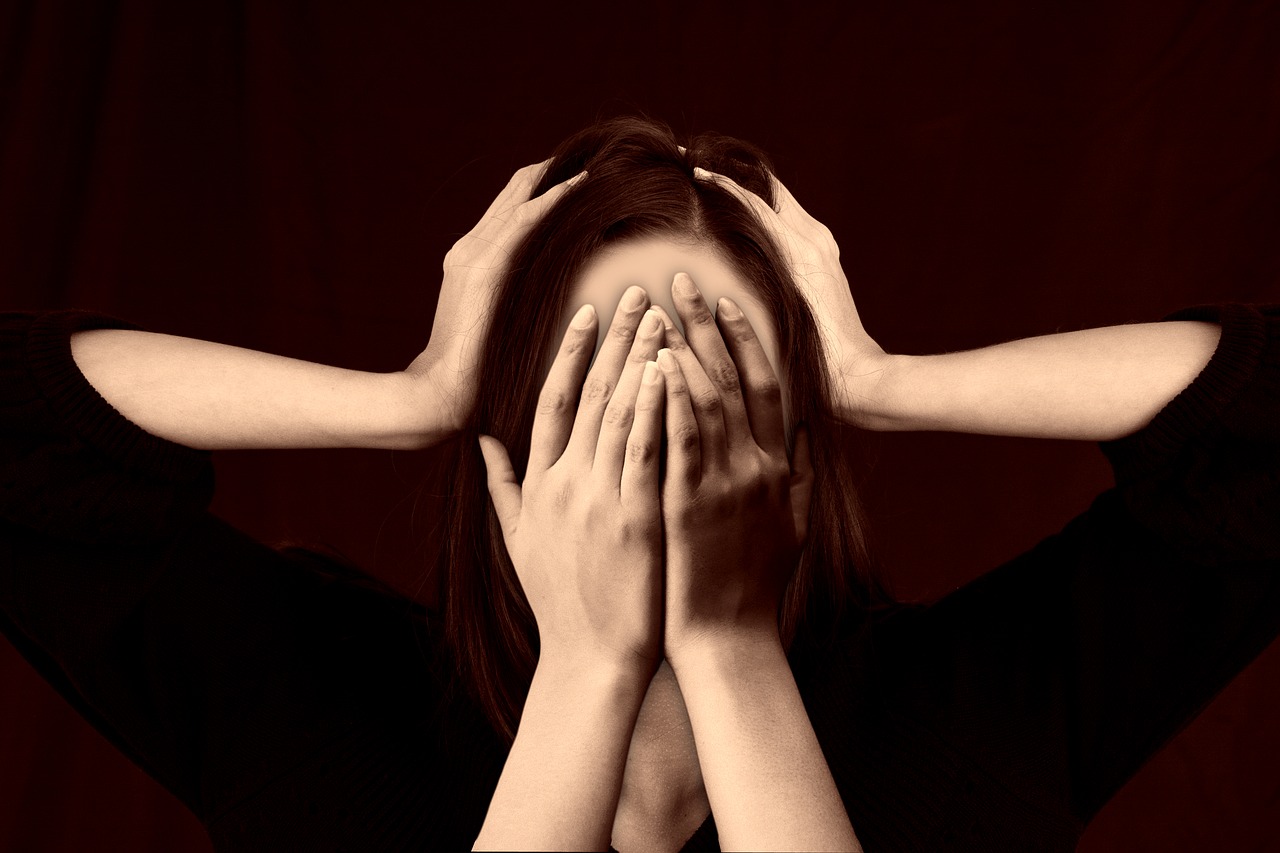Help for Bipolar Disorder
Bipolar Disorder is one of the most well-known mental health disorders, often depicted in films and TV shows. But did you know that it’s also one of the most misunderstood?
Bipolar Disorder has often been the topic of movies, books, and TV shows because of the manic episodes individuals with bipolar disorders have. In these states, individuals can act overconfident, highly energetic, and can feel like they can do anything and everything. Oftentimes, however, they also engage in risky behaviors and act impulsive, such as buying a brand-new car, or gambling away tens of thousands of dollars, or getting sexually involved with strangers. These are behaviors that make for a great character on film or TV. But there is actually more to bipolar disorder than what you see or read in most books of fiction.
Bipolar Disorder is a brain disorder characterized by periods of highs and lows, with most people experiencing more lows than highs. Think of these highs and lows as opposite poles, this the name, “bipolar.” Those who suffer from this disorder can have periods where they are extremely happy and energetic, periods where they feel incredibly sad and low, and periods where they act normal.
There is no pattern to how and when these moods change, but there are three different kinds of bipolar disorders that vary depending on the severeness of their moods. These three types of bipolar disorders are Bipolar I, Bipolar II, and Cyclothymic disorder, with the latter being the mildest form of the three.
Bipolar I Disorder is the most severe, with extreme episodes of mania and episodes of depression. They are also more likely to suffer from other mental health issues, such as anxiety, substance abuse, and ADHD. The risk for suicide is also significantly higher among those who suffer from Bipolar I Disorder.
While mood changes can be normal in some people, those who have bipolar disorder suffer from significant disruptions to their lives. Their extreme behavior changes can make it difficult for them to hold a steady job, engage in long-term relationships, and daily routines can be challenging when they are in both their manic and depressive states. They may stay in bed for days and have feelings of worthlessness and dread, while during their manic periods, they can be extremely irritable, impulsive, with some even suffering from delusions and hallucinations.
The good news is, with the right medications and treatments, bipolar disorder can be managed. Many adults who suffer from bipolar disorder lead successful and fulfilling lives.
At Empire Psychiatry, we specialize in all forms of bipolar disorder. If you think you or a loved one is showing symptoms of this mental health disorder, we can help. We are a psychiatric clinic serving the Long Island and New York City areas, including Nassau and Suffolk Counties.
Empire Psychiatry is a team of psychiatric professionals who can help individuals and families manage this debilitating disorder that disrupts lives, careers, and relationships. The average onset of bipolar disorder is 25 years old, but it can happen earlier, or even later in life. Let us lift the burden of this mental disorder from your shoulders, and help you live a normal, successful, and fulfilling life.
Call us at 516-900-7646 and we’ll be more than happy to schedule an initial consultation with our psychiatrists.



